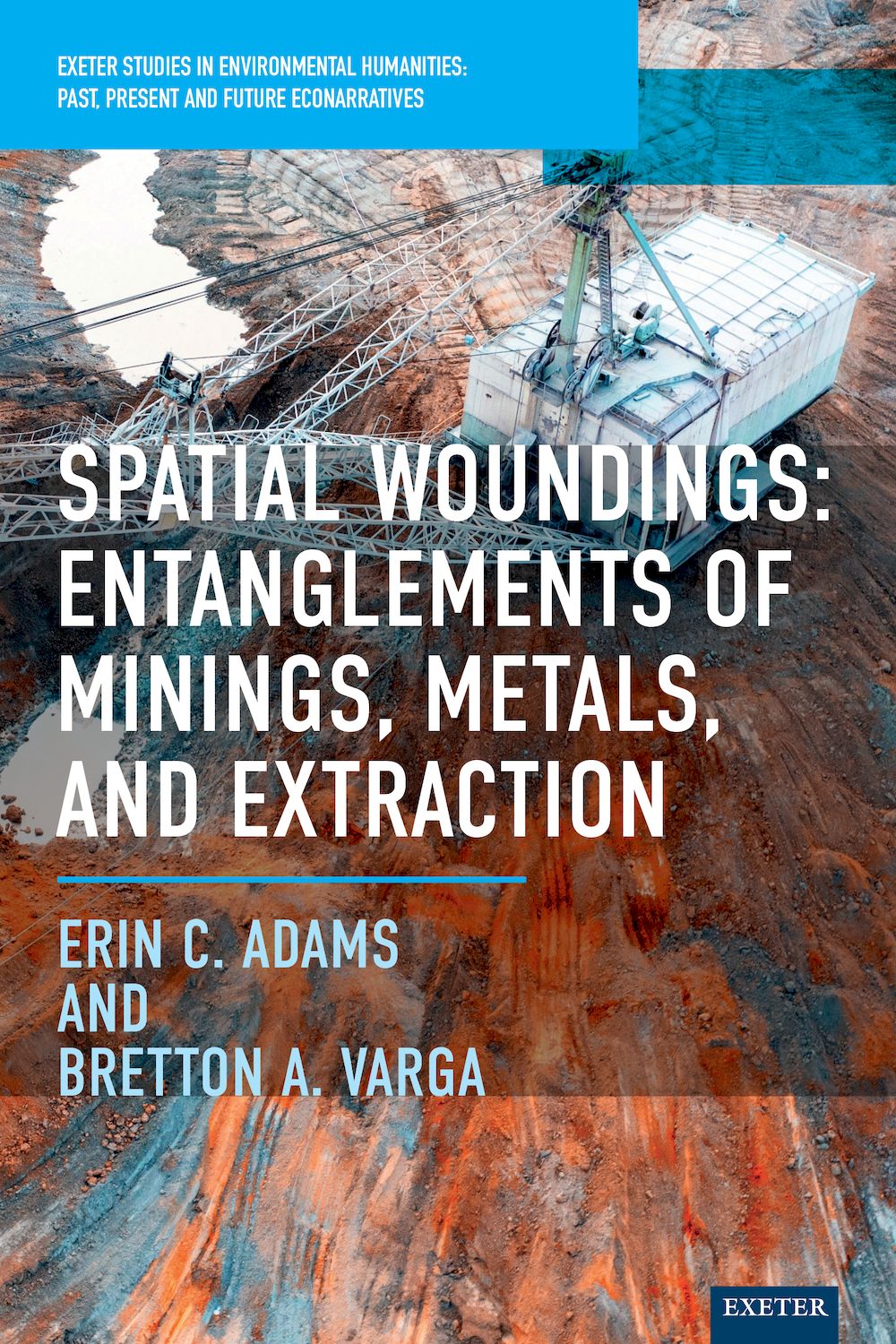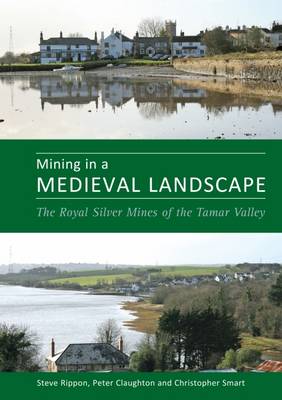University of Exeter Press
Spatial Woundings
Entanglements of Minings, Metals, and Extraction
Couldn't load pickup availability

- 260 Pages
Minerals and metals underpin our everyday existence, woven into the creation of nearly all consumer products. Yet the extraction process of ripping them from the earth fuels often toxic global geopolitical relationships, colonization, and conflict. Despite their fundamental importance, these materials are too often unseen, unappreciated, and unnoticed. This lack of awareness occludes critical opportunities for researchers, educators, and students to engage with the complex relationships between people, products, and the environment.
Spatial Woundings: Entanglements of Minings, Metals, and Extractions explores how extractivist logics continue to cultivate devastation, plunder, and ecological precarity, focusing on the concept of spatial wounding—the myriad ways landscapes and living systems are subjected to the violence of extraction. This damage is comprehensive, encompassing alterations to the physical landscape as well as injury inflicted upon people, animals, plants, and atmospheres.
Featuring a collection of international scholars, this urgent book surveys the contours of these devastating outcomes alongside crucial efforts to resist the logics that perpetuate them, ultimately reimagining the role of metals and extraction in cultural, popular, and social contexts. The volume is structured in three sections: Part I details historical experiences and intimate stories of spatial wounding; Part II offers analytical engagements with mining as a metaphor in media and technology; and Part III considers the broader empires, extraction, and more-than-human damage, addressing colonial legacies and anticolonial ethics in resource governance.
- 260 Pages














